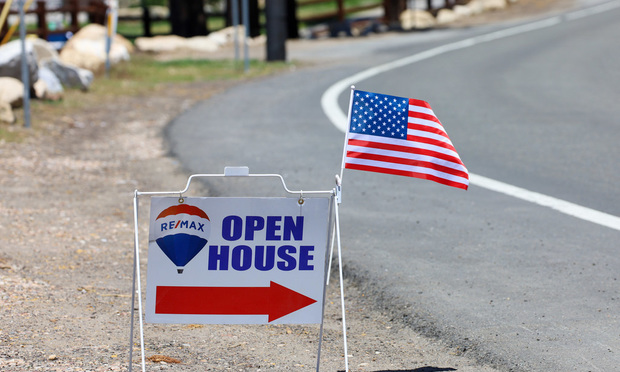Promoting the conservation of natural resources and encouraging risk mitigation efforts along densely populated U.S. coastlines are the best ways to manage risk and reduce economic losses, the Reinsurance Association of America (RAA), testified this week.
At a hearing Tuesday before the House Subcommittee on Insular Affairs, Oceans and Wildlife on Managing Ocean and Wildlife Resources, Franklin W. Nutter, RAA president said, "The importance of risk management to the conservation of our ocean, coastal ecosystems, and wildlife resources in an increasingly unpredictable environment should be abundantly obvious."
Mr. Nutter continued, that "To the best of our ability, we must use nature to protect ecosystems that provide natural 'buffers' to storms by renewing efforts to preserve coastal areas consistent with effective state and federal laws."
He said that the degree to which coastal areas "have been urbanized and the increasing value at risk--higher property values in higher risk areas--demonstrates the need for federal initiatives that encourage natural disaster mitigation and assistance to protect not only people and property, but environmentally-sensitive habitats along our coastlines as well."
Additionally, Mr. Nutter said the Coastal Zone Management Act could provide a tool to ensure that states are planning for the potential risks posed by the impacts of climate change.
"If blended with State Hazard Mitigation Plans already required by the Stafford Act and approved by FEMA," he said, "the combination provides states with the planning tools they need to develop and implement a climate adaptation plan."
In testimony obtained by National Underwriter, Mr. Nutter said the RAA has partnered with other diverse interest groups to create the Americans for Smart Natural Catastrophe Policy Coalition to promote environmentally responsible, fiscally-sound approaches to natural catastrophe policy in the interest of public safety.
The Coalition's guiding principles include:
o Building Smart: Properties in coastal areas and other high-hazard areas should be built, replaced or repaired according to the most modern building standards and codes reflecting exposure to natural disasters and effective loss-reduction measures.
o Encouraging Safety: Government incentives should promote risk-avoidance and proactive mitigation measures to protect the public from a broad range of natural disasters, including wind, flood, wildfires and earthquakes.
o Using Nature: Renewed efforts should be made to preserve coastal areas, consistent with effective state and federal laws, using uniform, objective standards. This would protect the public and ecosystems that provide natural "buffers" to storms.
o Insuring Based On Risk: Private and public property insurance premiums should be established on the basis of risk exposure, including catastrophic risk, subject to state law that risk premiums should be neither excessive nor inadequate.
o Assuming Responsibility: Rather than shifting financing to the federal government through such means as federal loans or reinsurance, responsibility for state insurance and reinsurance programs that pool natural disaster risks should remain with states that have established such programs.
o Targeting Government Assistance: Programs should focus on people and not on insurance companies.
He concluded by suggesting that stakeholders work together "to ensure environmentally-sound and fiscally-responsible policy that will ultimately reduce the costs borne by federal, state and local governments, by insurers and reinsurers, and the American taxpayers, as well as save lives, protect habitats, and ensure our coastal areas thrive for generations to come."
Members of the Coalition include: American Rivers, Defenders of Wildlife, Environmental Defense Fund, Friends of the Earth, National Wildlife Federation, Republicans for Environmental Protection, Association of Bermuda Insurers and Reinsurers, American Consumer Institute, Americans for Prosperity, Competitive Enterprise Institute, Council for Citizens Against Government Waste, and the National Association of Professional Insurance Agents.
Want to continue reading?
Become a Free PropertyCasualty360 Digital Reader
Your access to unlimited PropertyCasualty360 content isn’t changing.
Once you are an ALM digital member, you’ll receive:
- Breaking insurance news and analysis, on-site and via our newsletters and custom alerts
- Weekly Insurance Speak podcast featuring exclusive interviews with industry leaders
- Educational webcasts, white papers, and ebooks from industry thought leaders
- Critical converage of the employee benefits and financial advisory markets on our other ALM sites, BenefitsPRO and ThinkAdvisor
Already have an account? Sign In Now
© 2024 ALM Global, LLC, All Rights Reserved. Request academic re-use from www.copyright.com. All other uses, submit a request to [email protected]. For more information visit Asset & Logo Licensing.








